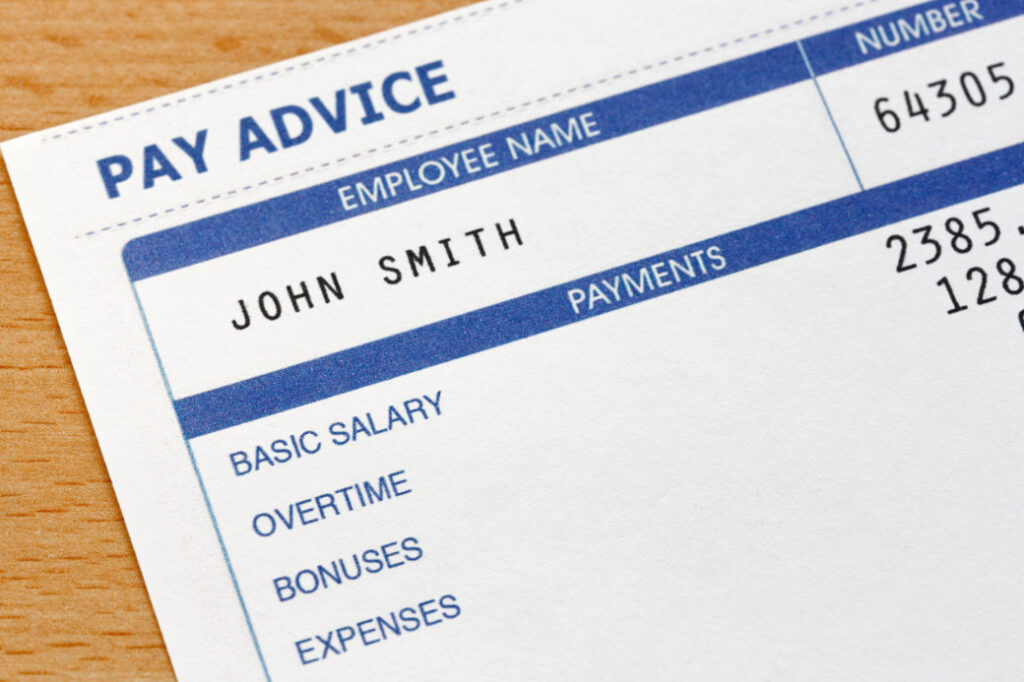
Payroll errors happen. Sometimes, an employee may be accidentally overpaid—whether due to system glitches, sick leave confusion, or other issues. Here’s how to handle it properly.
Good news – You can reclaim overpayments from future wages
If the employee still works for you, you’re legally allowed to deduct the overpaid amount from their future pay—even if the mistake was yours. The Employment Rights Act 1996 permits this. There’s no legal limit on how much can be deducted each time, and it can bring pay below the National Minimum Wage.
A better solution? Use a repayment plan
Just because you can deduct large amounts doesn’t mean you should. Taking back too much too quickly might cause financial hardship and difficulties for your employee. Worse, it could lead them to resign and claim constructive dismissal (saying your insensitive handling of the situation destroyed their trust in you).
To avoid legal trouble, set up a reasonable repayment plan and communicate clearly.
What do you do if the employee no longer works for you?
If the overpayment is discovered after the employee has left the business, it’s more complicated. You can’t make deductions from their wages as they are no longer receiving any, but you can still recover the money—it becomes a debt.
Follow these steps:
- Write to the former employee
- Explain the overpayment and provide proof
- Propose a repayment plan
If they refuse, you may choose to let it go—or alternatively you could take legal action in the County Court to recover the debt if you want to make a stand. Be aware of court fees and whether the person can actually repay the debt before pursuing this option.
If you enjoyed this blog then perhaps you’d like to sign up to our monthly newsletter. We’ll keep you updated on what’s new in employment law.
The team at Hunter Law is here for you. We can handle your HR issues, finesse your policies, and keep you up-to-date on evolving legislation. Please get in touch with our legal team, we’d love to help.

